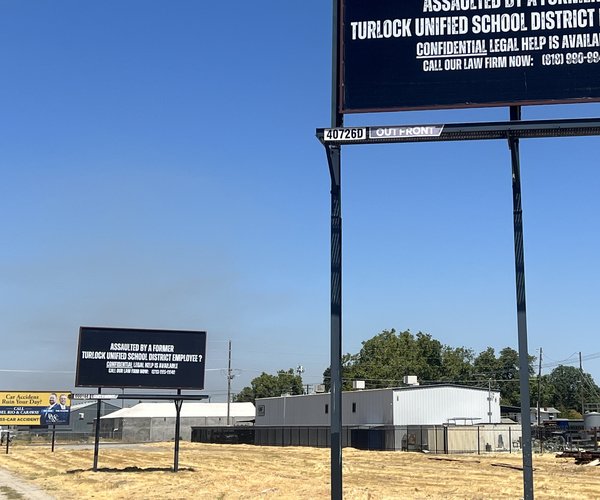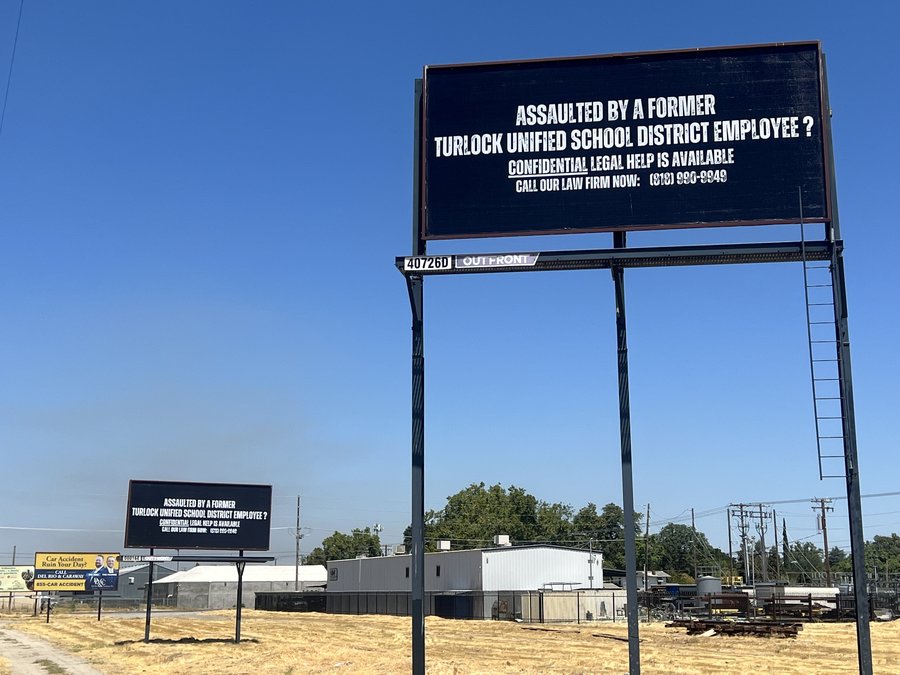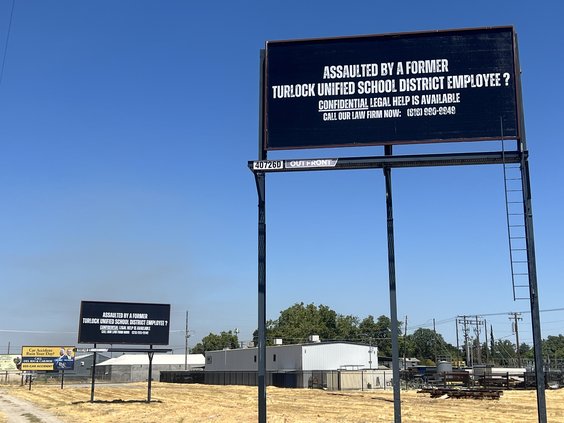In the spirit of protecting small businesses in Turlock the Turlock Chamber of Commerce hosted the president of the Civil Justice Association of California to speak specifically about one issue plaguing businesses across the state: noncompliance with the Americans with Disabilities Act.
A rash of frivolous lawsuits that stung Valley business owners with hefty fines and even caused some businesses to close their doors in recent months has started a local conversation on what exactly it takes to become compliant.
“The reason I do this presentation in particular is to educate business owners on how to become compliant with the Americans with Disability Act because it’s the right thing to do and so they won’t’ get hit by these drive-by extortionist lawsuits,” said President Kimberly Stone of the Civil Justice Association of California at Wednesday’s forum.
The predatory nature of the lawsuits is exactly what prompted CEO and President of the Chamber Sharon Silva to open up the town hall breakfast to the public.
“We are very concerned,” said Silva who noted that regional ADA compliance workshops have been beneficial, but said she wanted to localize the issue even more.
The abuse has even prompted local legislators to introduce legislation aimed at preventing predatory lawsuits at the state and federal level.
In January Congressman Jeff Denham and Representative Ken Calvert (R-Corona) cosponsored the ACCESS Act, which stands for ADA Compliance for Customer Entry to Stores and Services. This would require those looking to take legal action because of an ADA violation to provide the business owner with written notification of the infringement. The owner would then have 60 days to respond with how to address the violation and 120 days to remove the infraction.
In December Assembly Member Adam Gray (D-Merced) and Assembly Republican Leader Kristin Olsen (R-Modesto) introduced legislation to help businesses become ADA compliant without the fear of a lawsuit.
Gray introduced Assembly Bill 52 which if passed will significantly reduce or eliminate statutory damages if a small business corrects its violations within 180 days.
Olsen introduced Assembly Bill 54 designed to allow businesses across California to keep their doors open as they work towards becoming ADA compliant. With standards pertaining to construction evolving on a regular basis, many small businesses find it difficult to remain compliant. In an effort to solve this problem, AB 54 would allow businesses 60 days to address ADA violations if the violation in question is related to construction standards that have changed in the past three years.
Senator Tom Berryhill (R–Twain Harte) was present at the meeting Wednesday morning along with representatives from Denham and Olsen’s offices to answer constituents questions and communicate his support for ADA legislation reform.
“We are very, very lucky in our district, community, and region because our legislators are really at work to get this legislation done correctly and as a Chamber we are supportive of that,” said Silva.
While attending the town hall and asking the right questions of local legislators beneficial to small business owners, Stone had more direct advice for the attendees: become compliant.
After highlighting nuance violations such as the height of door thresholds and number of signs in a handicapped parking lot space, she said that the “very technical and specific and non-intuitive” nature of the infringements is reason to turn to the professionals. Stone urged small business owners to hire a certified access specialist as a preventative measure. Otherwise, the cost of violations and the additional attorney fees can be significant.
“Unlike fire code or building code violations there is no one in the government whose job it is to tell you if you are compliant. The burden is on you,” she said.









